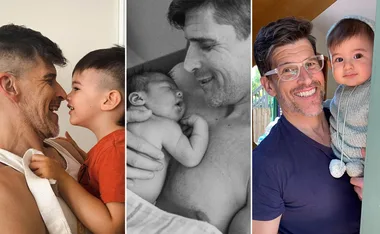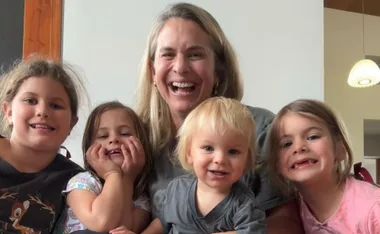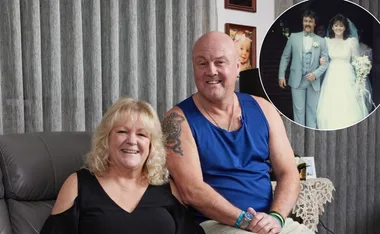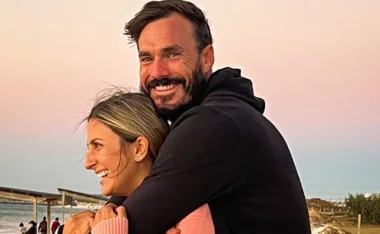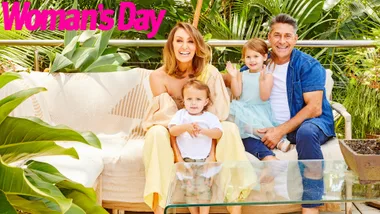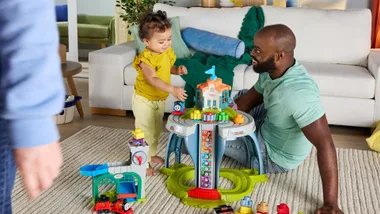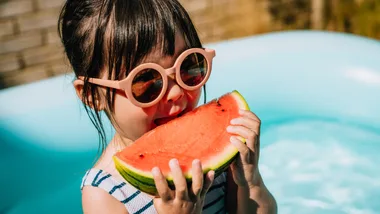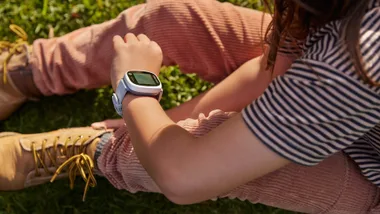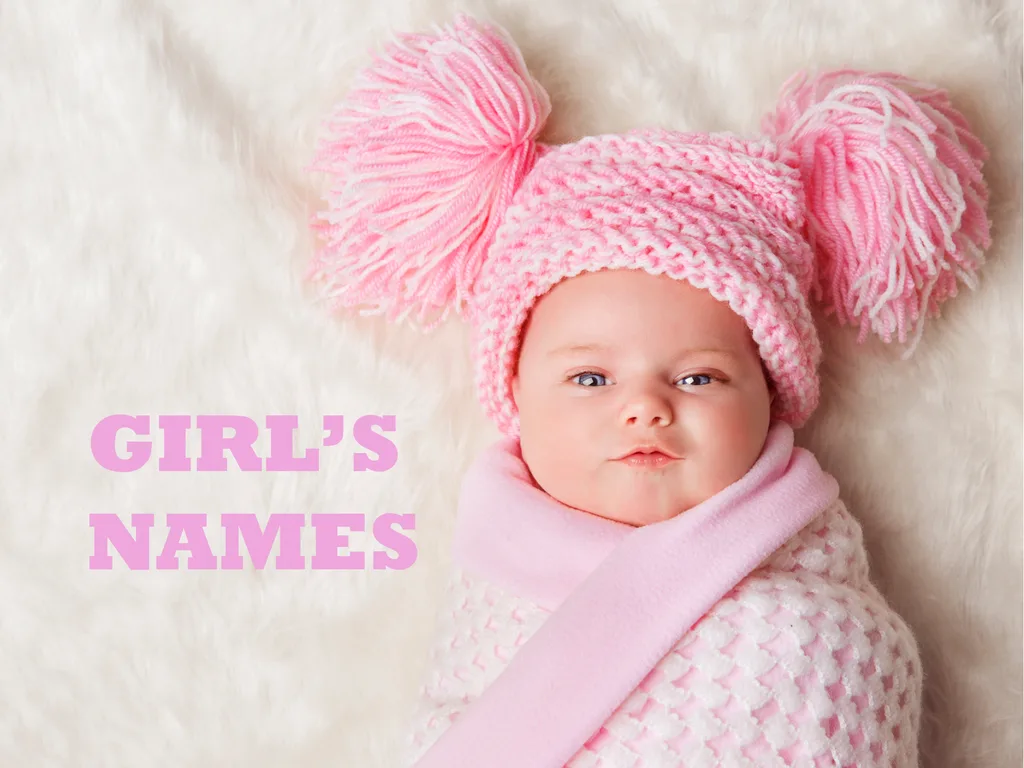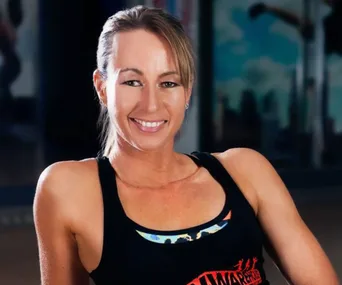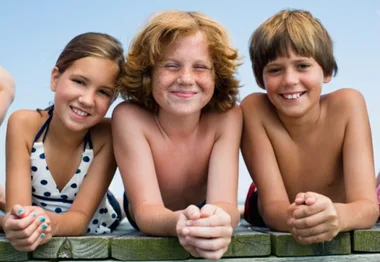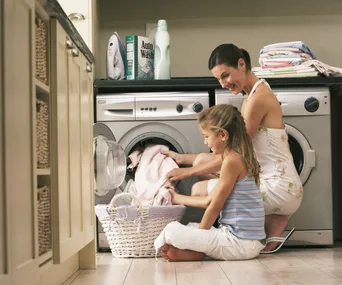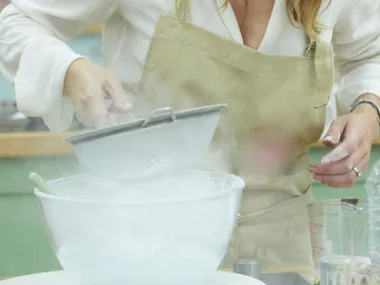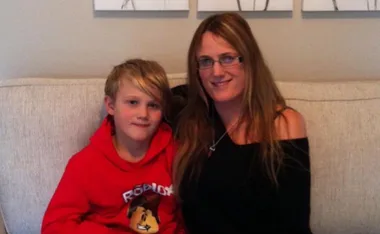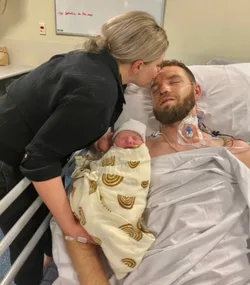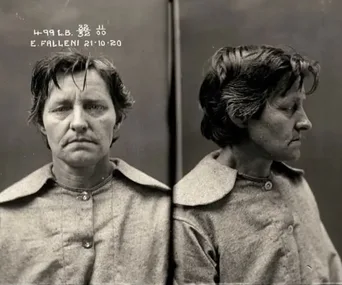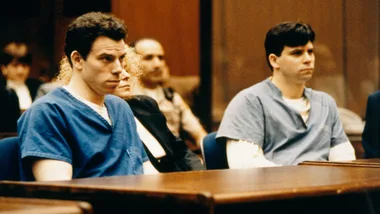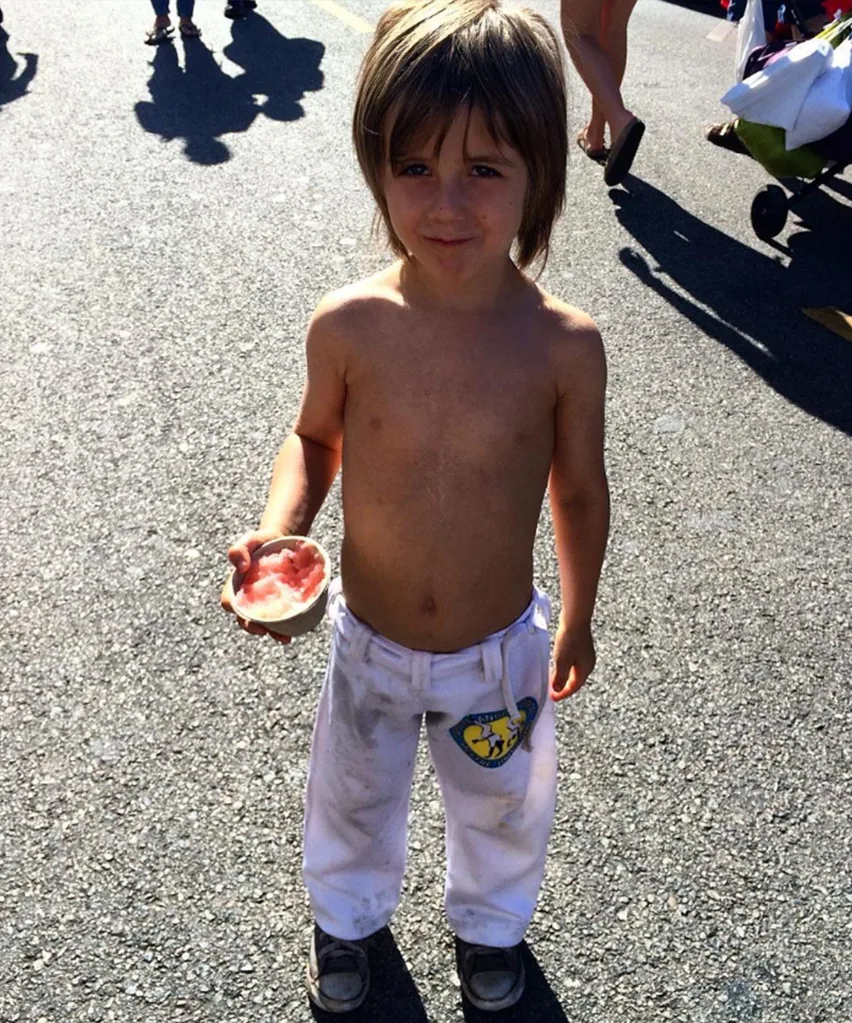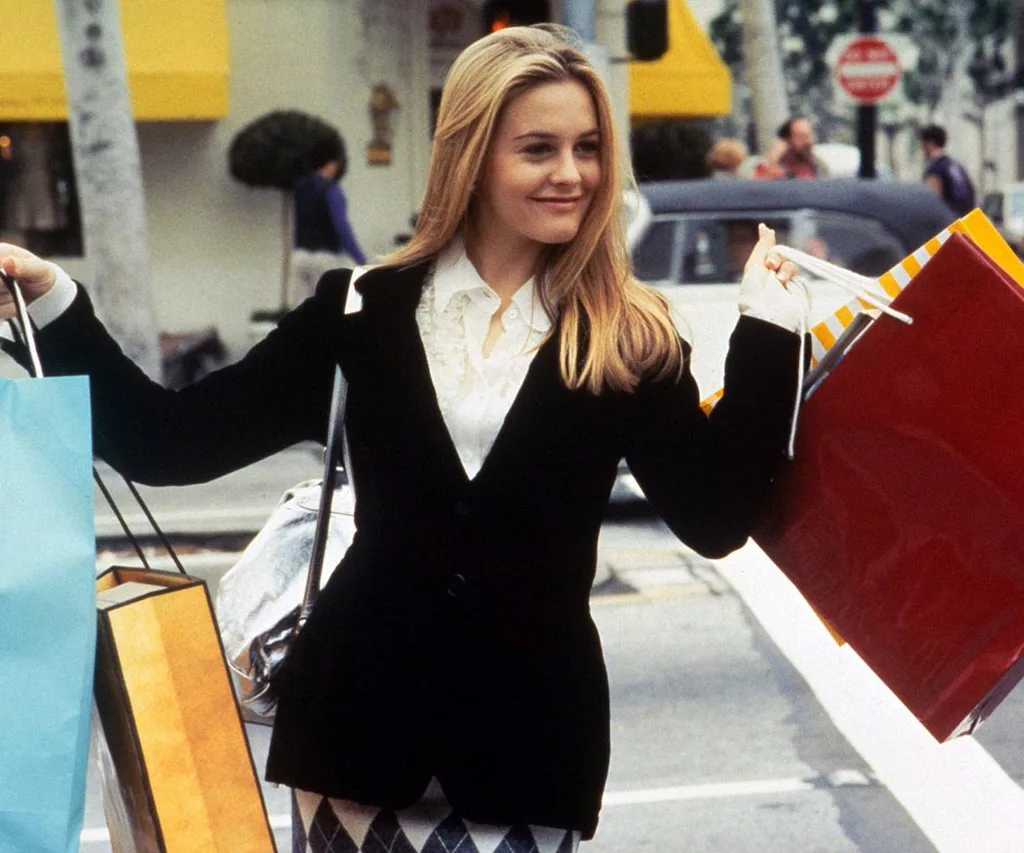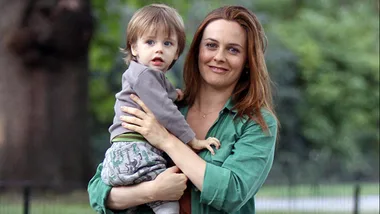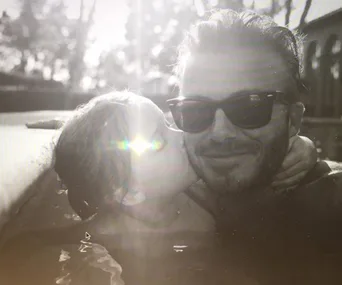Few things are certain in adolescence, but there’s one thing upon which teenage girls agree; pubic hair is out.
“Everyone shaves. Everything,” says Sydney 16-year-old Anne*. “If you’ve left it you are classified as disgusting. You’d be embarrassed for the rest of your life. Boys would pay you out, call you hairy. People start shaving in year seven.”
They know, or think they know, a few other things, too. That oral sex doesn’t count as sex. That sending nude pictures via text or Facebook is the new flirting. That boys their age watch porn regularly, and demand from their girlfriends the sexual menu they see online – hairless, surgically-enhanced bodies, ‘girl-on-girl action’, and much, much more.
They are learning from the 21st century’s version of sex education class, the internet; a more enlightening and forthcoming source than nervous parents and teachers. But these lessons are a dangerous mix of misinformation and distorted images of sexuality, which is contributing to behaviour that can leave young women with deep psychological and physical scars.
Teenager girls are under more sexual pressure than ever before. The good news is we can help them through it, although that requires a few lessons of our own.
It’s human nature to judge adolescents by our experience. It wasn’t like that in our day, we scold. But for once, we are right – it really wasn’t like that in our day.
For one thing, girls are becoming women earlier than they used to. In the past 20 years, the age of a girl’s first period has dropped from 13 years to 12 years and seven months, and as many as one in six eight-year-olds have periods.
Children with ‘precocious pubescence’ can start menstruating at five or six. Reasons range from better nutrition and obesity to the break-down of the family unit.
“When dads aren’t around, they’re more likely to move into puberty earlier,” says parenting expert Michael Grose. “If it starts earlier, I imagine this would mean they are beginning to be sexually active earlier.”
In the past 60 years, the age at which girls lose their virginity has dropped from 19 (when many women were married in the 1950’s) to 16, but many start much earlier. Dolly magazine’s 2011 Youth Monitor found 56 per cent of teens first had sex between 13 and 15 years old, a figure backed up by an Australian study that found the age of girls’ first sexual experience ranged from 11 to 17 years, with a median age of 14.
Anne Mitchell, the director of the Australian Research Centre in Sex, Health and Society, says rates of oral sex are climbing. The centre’s latest survey of high school students, in 2008, also showed the number having sex with three or more people a year had increased significantly.
Most worryingly, there has also been a marked increase in unwanted sex, an experience that can have a long-term effect on how a woman feels about herself and her sexuality. “The main reasons are being too drunk or high, and pressure from a partner,” Dr Mitchell says. “Alcohol [consumption] has gone up over time, too, and it’s intimately connected to their sexual behaviour.”
Rates of sexually transmitted diseases are rising, especially in the 15-19 age group; in 2008, slightly more than 25 per cent of all chlamydia infections were in the 15- to 19-year-old age group, and girls were diagnosed at three times the rate of boys.
That’s just the statistics; the anecdotal evidence is more frightening. Parenting expert Michael Grose says there is a casual attitude to oral sex. “I’ve heard stories from teachers, of oral sex happening at school,” he says. “My generation went behind the shed and had a smoke. It’s been put to me that oral sex at school is like smoking. That’s extreme, but I think extremes explain the norm.”
This doesn’t sound unusual to 16-year-old Ann. “Oral sex happens a lot, it’s before losing your virginity,” she tells The Weekly. “I had a 16th birthday party and apparently two people were doing it on my front lawn.”
Technology has also changed the sexual landscape. Once upon a time we would sit by the phone, praying our crush would call and hoping our parents wouldn’t listen in. These days, there’s constant contact via SMS, Facebook, Twitter, and instant messaging. Parents have little, if any, ability to monitor the conversation.
Teens flirt online, often with people they have not met. “If there’s a guy you’re interested in from another school or something, you might ‘like’ one of his photos on Facebook and get talking to him,” says 16-year-old Rebecca*. “I know lots of people who’ve hooked up that way.” They create online games such as ‘sneaky hat’, in which naked teenagers cover themselves with a hat and post the photograph as the profile picture on Facebook.
Online flirting often becomes more daring, with one party – usually the boy – asking the other to send sexy pictures. “When you’re in year seven or year eight, it’s pretty big,” says Rebecca. “It’s more the younger years, they don’t do [sex] in person, they do it on the internet. One girl was talking to a friend’s older brother, she didn’t know him in real life. She sent him photos. The guy will ask, and the girl will think about it, and she will eventually end up doing it.”
Of course, this can go terribly wrong. “One girl’s photo was passed around,” says Rebecca. “I was sitting on the train and got a Bluetooth message and it was a picture of her. She sent it to one boy, he sent it to a friend, and he sent it around. She was fully naked. You couldn’t see her face, but you knew who it was.”
Yet social media is far less harmless than another consequence of the internet; pornography. These days, it is available for free to who anyone who wants it. “I was watching it when I was about 13,” one teenage boy, Mike*, told The Weekly. “It is so easy, all you do is type ‘boobs’ into Google.”
A Sydney study found that almost half of all adults, like Mike, first watched pornography between the ages of 11 and 13. Further research found 92 per cent of the boys had been exposed to online pornography by age 16.
In a flooded market, the industry is producing more extreme material to get an edge. In her research into the impact of pornography, Melbourne researcher Maree Crabbe has found a trend towards sex that is rough, aggressive, and idealises acts women don’t enjoy in real life – gag-inducing fellatio, heterosexual anal sex, physical and verbal aggression.
The industry admits this. One porn star told Maree actors were required to be rough with the girl, and take charge. “He had moved from lovey dovey sex, towards material where the pornographists want to get more energy … ‘f–k her to destroy her’ ”.
For many boys, porn is their sex education. They copy what they see, and expect their girlfriends to be like the women in the film. “Young people have described to us again and again, that pornography is shaping their sexual imaginations, expectations and practices,” says Maree. “We have had young men who have been genuinely surprised that when they enact what they see in porn, their partner doesn’t like what they were doing, because they’ve always seen women enjoy it on screen.”
So what is this doing to girls? In generations gone by, women emerged from adolescence with a sense of sexual power. As the author feminist Naomi Wolf put it, they knew they had a “pretty high exchange value”.
Wolf, 40, now worries that “mine is probably the last generation to experience that sense of sexual confidence and security in what we had to offer. Now you have to offer – or flirtatiously suggest – the lesbian scene, the ejaculate-in-the-face-scene.
Being is not enough; you have to be buff, be tan without tan lines, have the surgically hoisted breasts and the Brazilian bikini wax – just like porn stars.”
Many young women take the sexual lessons from their teens into their 20s and beyond, as evidenced by the rush of young women towards breast enhancement and labiaplasty [modification of genatalia so it looks like airbrushed porn stars’]. “The issues that concern me are what the influence of porn seems to be meaning for young people’s capacity to negotiate free and full consent, and experience the kind of sexuality that can feel acceptable and pleasurable,” says Maree.
Unwanted sex – and that includes sex under pressure, or sex while drunk, or simply sexual activity or acts they regret – can leave scars. Adolescents who have had unwanted sex are more likely to consider suicide, to have poor relationships, and to have more lifetime sexual partners. Studies have also linked it with anxiety disorders, post-traumatic stress and alcohol and other drug use. Girls who report unwanted sex also report less condom use, exposing them to sexually transmitted diseases such as HIV, Herpes and Chlamydia, which have life-long consequences.
Sex therapist Dr Rosie King sees the results in her clinical practice. “People who have had negative sexual experiences tend to – not always – be more likely to develop negative attitudes to sex as a result,” she says.
Arguably, there has never been a more confusing, stressful time to be a teenage girl.
We can make it easier for them. A loving, nurturing family environment and parents who are open about sex help enormously, says Jennifer Walsh, education manager at Latrobe’s Centre for Health, Sex and Society. “Many parents are bewildered and extremely concerned about this aspect of their children coping with the world, but they’re so worried about saying the right thing and getting it perfectly right, that they are saying nothing at all.”
For parents who want their children to abstain from sex for as long as possible, the best strategy might be confronting for some parents; they should talk about sex frequently, and acknowledge its pleasures. Negativity will drive their children to other sources of information, such as the internet. Research from around the world shows young people whose parents discuss what’s good about sex are more likely to wait. The less guidance teenagers have, the more likely they are to have sex early and without contraception.
“If you only talk about what is dangerous, you are not a very credible source of advice, and you are not being truthful,” says Jennifer. “They will dismiss that advice. If you talk about it being good, they are more able to make some sort of informed choice about what is the right time. The research from all around the world, the more parents talk about this topic, the more likely the children are to have safe sex, to put off sex until they are older and to have fewer sexual partners.”
In Holland, where there is open, positive discussion of sexuality, there are 12 pregnancies (including abortions) per 1000 women under 19. In Australia, there are 44. In the US, where many preach abstinence, there are 85.
Start early, says Jennifer, by using correct body names when children are little. As they grow older, talk about how women and men should show respect for each other. “The way to counter tacky commercialised messages about sex and bodies is to start talking about sex in a positive way,” she says. “If you tell your kids what you want for them, you are filling a vacuum that is otherwise filled by commercial interests. Don’t talk about it only as dangerous. They need to know that sex is enjoyable and good sex is not necessarily what they are seeing on the internet.”
Fathers should always be involved in the discussion, especially when it comes to boys. “It’s really important that men take responsibility for talking to their sons about this topic,” says Jennifer. “If they don’t, it continues the myth that men can’t take responsibility for this part of their life.”
If you find out your daughter is already having sex, “it’s important not to freak out,” says Dr Rosie King. “You want to maintain a close relationship with your child. Try to understand the pressures around teenage girls to have sex. Understand why it’s hard to say no. I’m not trying to justify early teenage sexual activity, but if you handle the situation wrong, you can make them feel dirty, not lovable, and forever unclean because of their choices.”
It’s not all bad news. According to Louise Reymond, Dolly magazine’s psychologist, most of the letters she receives are from girls asking the same questions as they asked 20 or even 40 years ago; questions about their interaction with boys, friends and parents. Young women still want love, intimacy and strong relationships based on respect – and so do young men. Most will not just survive adolescence, but prosper. “There are so many pressures out there,” Louise says. “In a way it’s amazing that the majority get through okay.”





